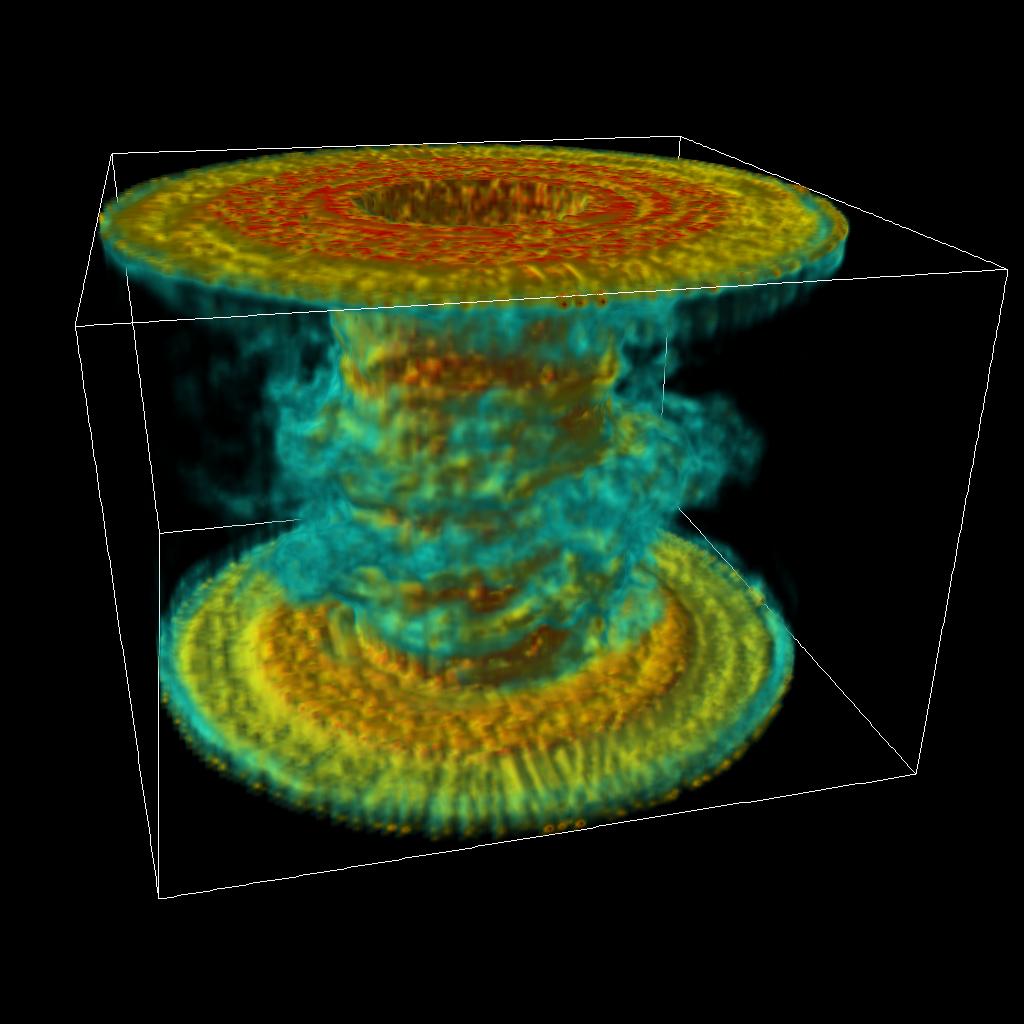
The process of accretion is important in the formation of planets, stars, and black holes; it is also believed to power some of the most energetic phenomena in the universe. In an accretion disc, the accretion rate is controlled by the outward transport of angular momentum. Collisional processes like friction or viscosity are typically too small to account for the observed rates, and it is universally believed that astrophysical accretion discs are turbulent. However the origin of this turbulence is not clear since discs with velocity profiles close to Keplerian are stable to infinitesimal perturbations. In the early nineties it was realized that the stability picture changes dramatically if magnetic fields or nonlinear effects are present. In this talk I will describe how some of these issues can be discussed within the framework of the flow of a conducting fluid between coaxial rotating cylinders. I will also describe some of the experiments that are on the way to study these flows as well as the computational efforts to clarify the nature of the ensuing turbulent transport.

ANL Physics Division Colloquium Schedule